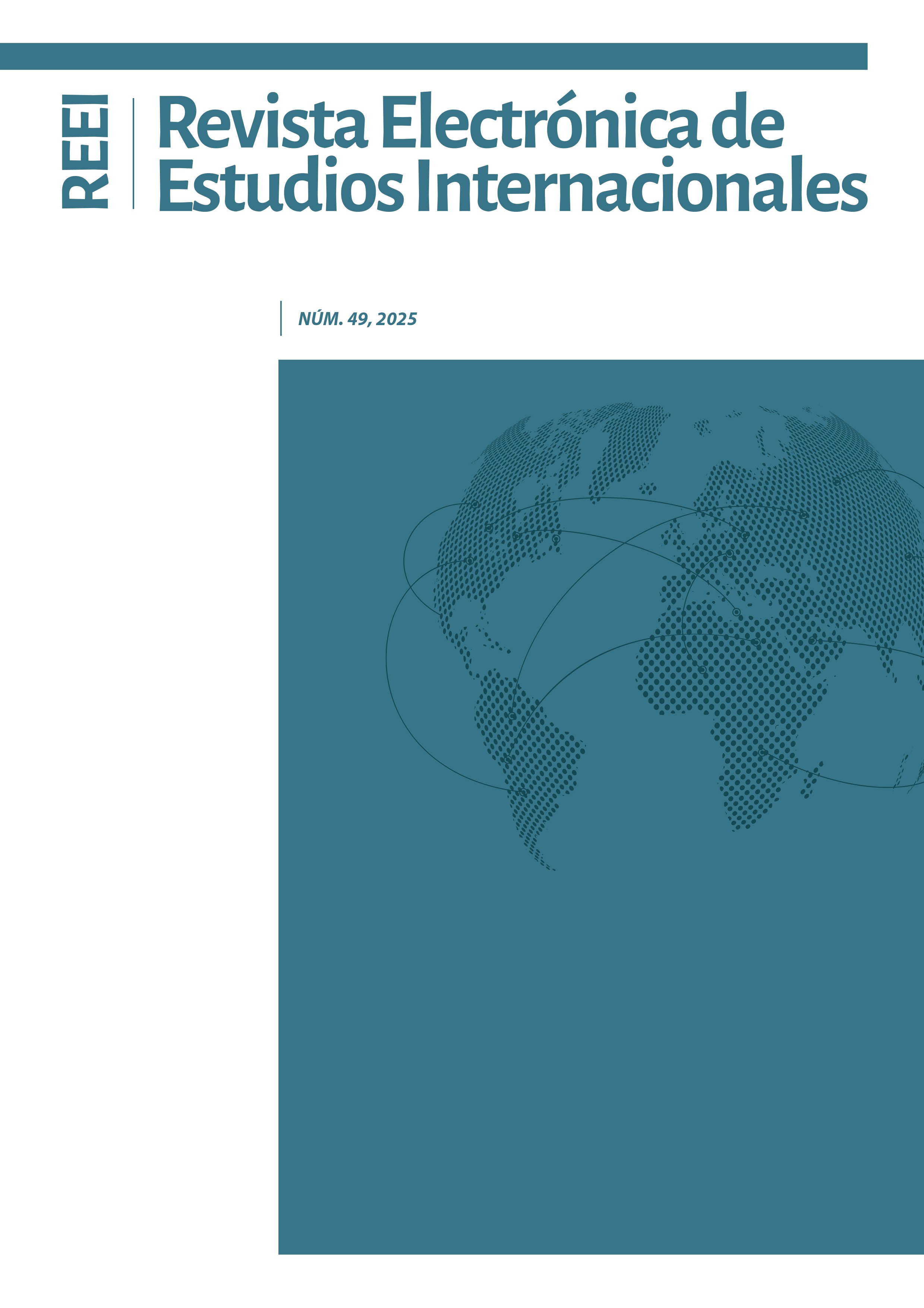La doble nacionalidad como herramienta geopolítica en los países del Centro y Este de Europa
DOI:
https://doi.org/10.36151/reei.49.07Palabras clave:
Bulgaria, doble nacionalidad, Eslovaquia, Hungría, Minorías nacionales, Moldavia, nacionalidad étnica, Rumanía, Rusia, supranación, UcraniaResumen
El conflicto ruso-ucraniano es el resultado de un conjunto de factores geopolíticos de muy diversa índole. Entre ellos, la incómoda situación de las minorías nacionales rusas en territorio ucraniano y la política de expansión de influencia impulsada por el Estado materno, Rusia, respecto de aquéllas, por medio de la concesión de la nacionalidad mediante procedimientos acelerados. Este fenómeno, consistente en la progresiva creación de una supranación que desborda las fronteras políticas propias y se adentra en la de los Estados limítrofes, no es exclusivo de la Madre Rusia, sino que, por el contrario, tiene precedentes recientes en otros países del Centro y Este de Europa. Por ejemplo, en las políticas de nacionalizaciones masivas desplegadas por Rumanía y Hungría respecto a moldavos o húngaros transfronterizos, respectivamente. Bien puede decirse que nos encontramos ante una potencial fuente de conflictos, en ocasiones larvados durante décadas, que pueden desembocar, en el peor de los casos, en consecuencias desastrosas y, en el mejor, en una involución en el tratamiento generoso hacia la múltiple nacionalidad que se había observado desde finales del siglo XX. Este estudio analiza la evolución del tratamiento de la doble nacionalidad hasta su transformación en una potente herramienta geopolítica.
Descargas
Descargas
Publicado
Número
Sección
Licencia
Derechos de autor 2025 Revista Electrónica de Estudios Internacionales

Esta obra está bajo una licencia internacional Creative Commons Atribución-NoComercial-SinDerivadas 4.0.




